Sisters, I see you in your prison, peering out on a diminished world through a small, net grille.
You are not invisible; not forgotten. From my comparative safety, I marvel that 20 million of you can be held so tightly, cruelly, in that jail.
Over here, I speak publicly, while across the room, you fall silent. I cannot turn the key on the connecting door that divides your side and mine, and I feel deep, burning shame. But I hear you; I hear you, though the world around you seems suddenly deaf.
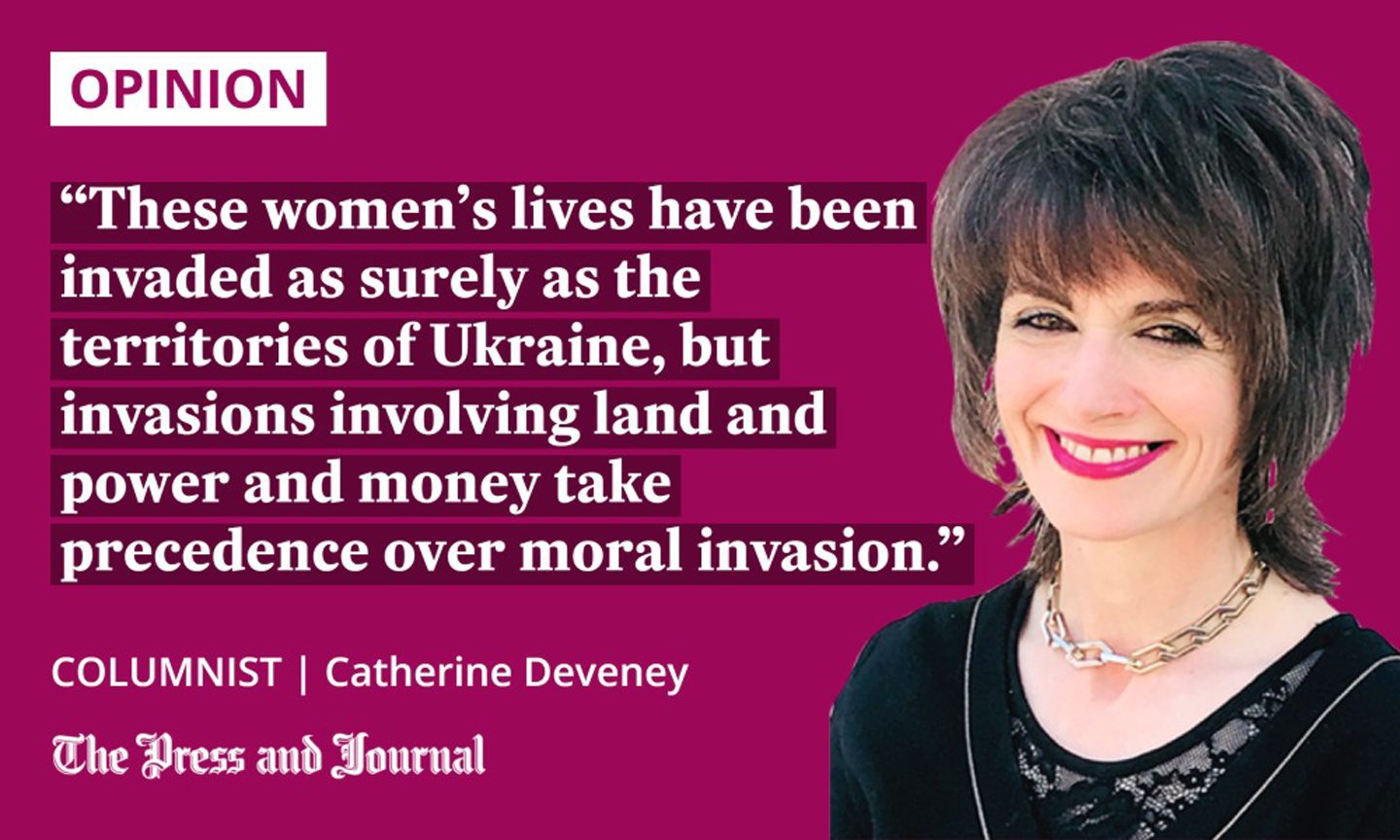
Women of Afghanistan. Their country has a similar population to Ukraine – over 40 million. The world – rightly – has opposed the iniquitous invasion of Ukraine by Russian forces, morally, politically and economically.
The invasion has dominated the agenda for months because it threatens to upset the world’s power balance. But, where is the similarly high-profile, hardline, support for the Afghan women who have no power base to upset?
Women who have been told this week to cover themselves, head to toe, to avoid “inflaming the passions of men”, to have a male relative accompany them if they travel. They cannot work or be educated, or express themselves creatively through writing or art, or physically through sport. They must weep for where they could, but never will, be. Silent, dusty dreams.
‘Born only to be silenced’
Poets are among Afghanistan’s refugees around the world, because creative minds are challenging to fundamentalists. “I and this prison,” wrote published poet Nadia Anjuman, “my longing cornered to nothing. I was born of futility, born only to be silenced.”
Her words are heavy with suppressed rage. “One day I’ll smash this cage, it’s very solitude. I’ll drink the wine of joy, sing the way a bird should in springtime.” She never did. Nadia died in an altercation with her husband, a scholar who thought his wife’s poetry disgraced him. She was 25 years old.
Afghan women have been removed from visible society: government, the military, education, the arts, the police and judiciary. Those ejected from positions of power have been hunted down and attacked, or told: “Wherever you are, we will find you.”
Documentary footage broadcast this week showed the reality of Afghan women’s lives
Surgeons and doctors are the only exception, because they are needed in female hospitals. With girls’ education so brutally terminated, how will that future need be met?
Documentary footage broadcast this week showed the reality of Afghan women’s lives. Doctors tended domestic abuse victims, including a woman who burned herself at her husband’s instruction. Inert, broken, she lay swathed in bandages, her face crusted and weeping, yellow pus oozing from her wounds. She died weeks later.
Common attitudes make erosion of women’s rights so instantly possible
These women’s lives have been invaded as surely as the territories of Ukraine, but invasions involving land and power and money take precedence over moral invasion.
Captured on camera were the women deemed “whores” for taking a taxi alone, swept into prison without trial. Those kidnapped to be Taliban brides. Then there were the brave men, beaten horrifically for trying to save them.
All this was denied by a “Ministry for the Propagation of Virtue and the Prevention of Vice” spokesman, a man who gave instruction to his British-Iranian interviewer, Ramita Navai, that her hair should be more tightly concealed in her scarf. He refused to meet her eye, keeping his own sideways in a humiliating display of disdain.
The Taliban, who have around 45 embassies open around the world, conduct interviews only because they seek international recognition – and foreign aid.
The connecting door. The threads that bind us are visible, the common attitudes that make the erosion of women’s rights so instantly possible and unimportant on the world stage.
Dreams, thoughts and words as weapons of resistance
My side of the room is not secure after all: literally five judges – one an accused sex pest – in one of the world’s largest democracies could sweep away fertility rights that, according to a New York law professor, Melissa Murray, potentially affect contraception, in vitro fertilisation, gay rights, and even interracial marriage. Five people.
Who scrutinises the male politicians who fathered children as teenagers?
Michelle O’Neill is Northern Ireland’s new first minister, achieving office denied to Afghanistan’s women. A sign of our gender equality in Europe? Headlines emphasised the fact that she was the daughter of an IRA man and a teenage mother at 16, defined on both counts by her relationship with men.
I wonder if The Times focused on Boris Johnson’s parental status in their headlines when he became PM. https://t.co/UzrGvrUXOv
— Sara O'Neill Artist 🐚 (@SaraONeillArt) May 8, 2022
She may be able to travel alone in a taxi, but her sexual morality is publicly scrutinised. Who scrutinises the male politicians who fathered children as teenagers?
So, my Afghan sisters, your bravery – and that of the brothers who support you – moves me. Your defiance in appearing on camera, on refusing the burqa, is breathtaking, your fight every bit as real, as visceral, as Ukrainian resistance.
It is particularly poignant when your weapons of resistance are words and thoughts and dreams and hopes: more enduringly powerful by far than bullets. “This veil […] will not paint me bare,” writes female poet, Bahar Saeed. “I am sun. I glimmer through curtain’s cloth. It can’t eclipse my light, not the darkest dark.”
Catherine Deveney is an award-winning investigative journalist, novelist and television presenter
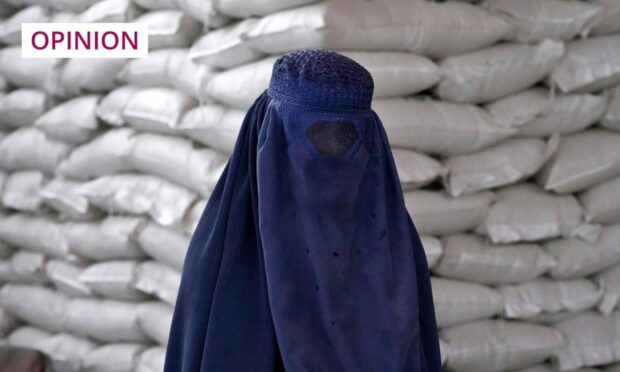
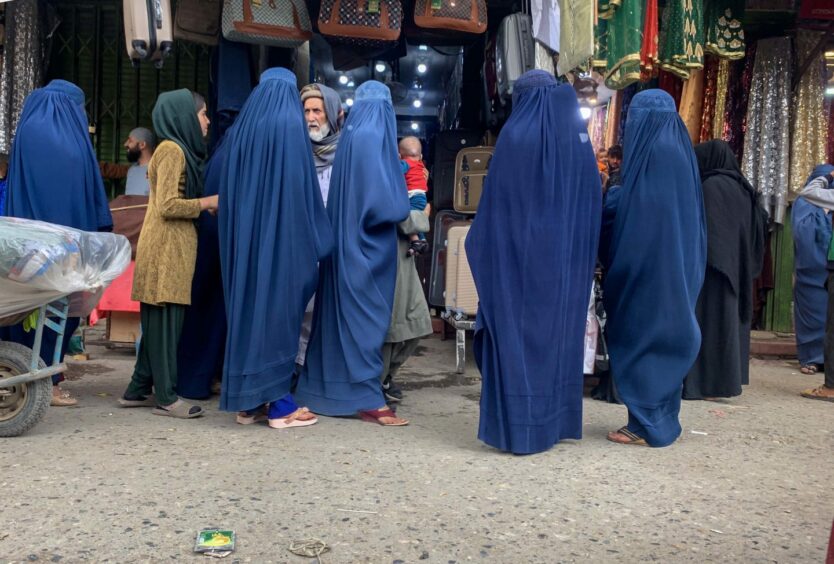
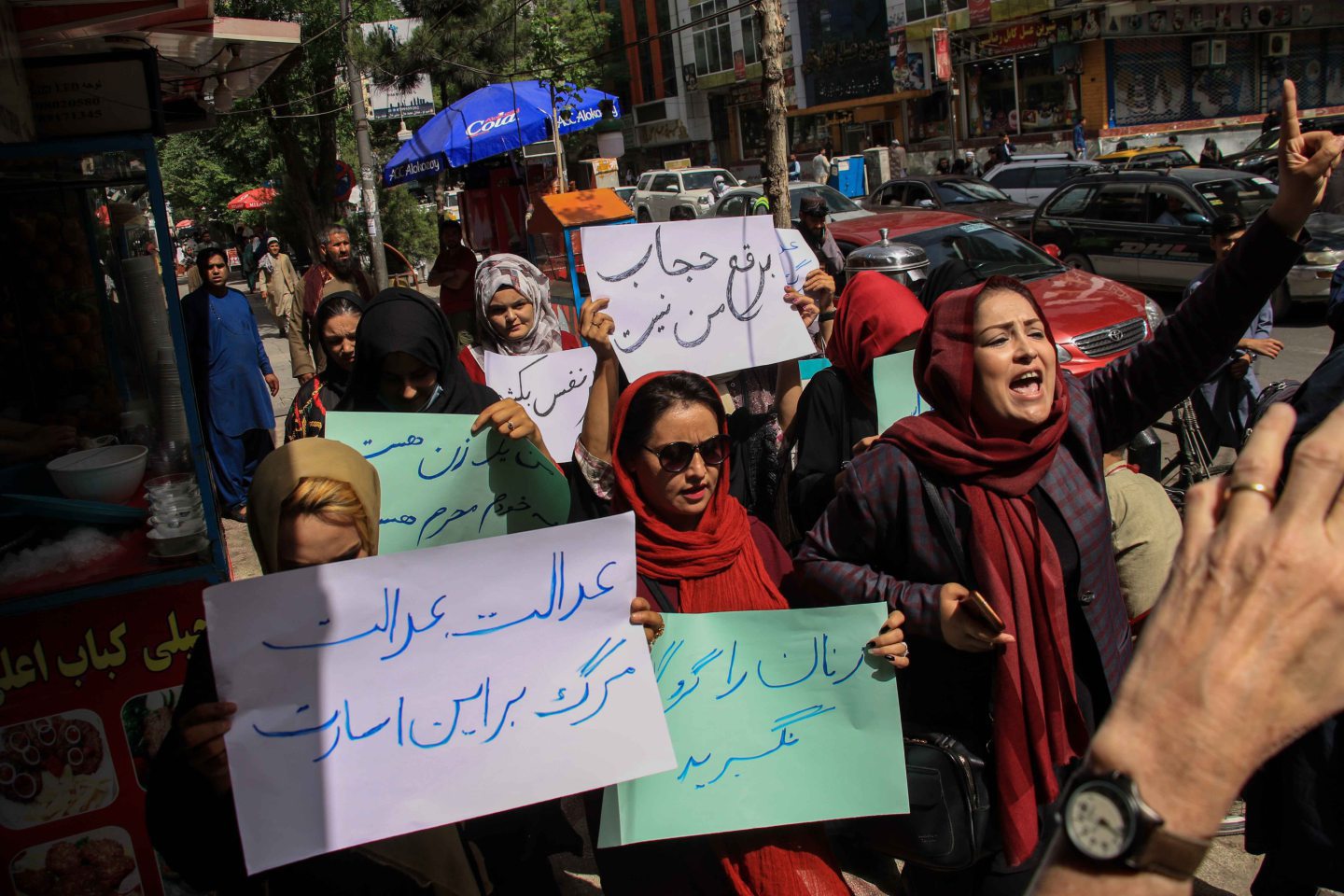
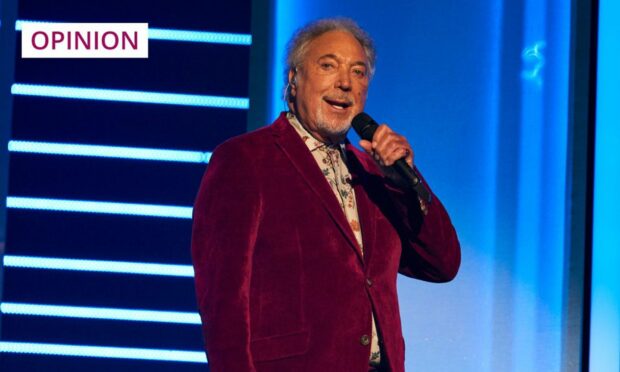

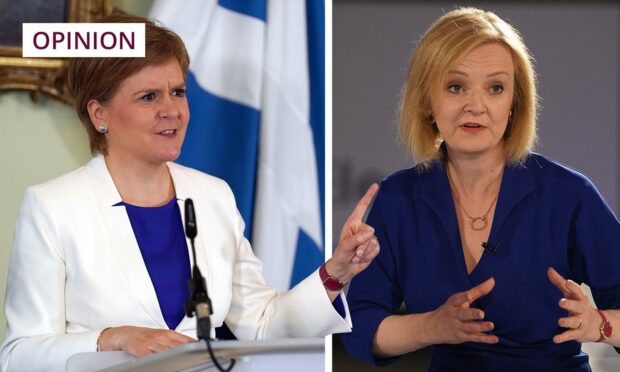
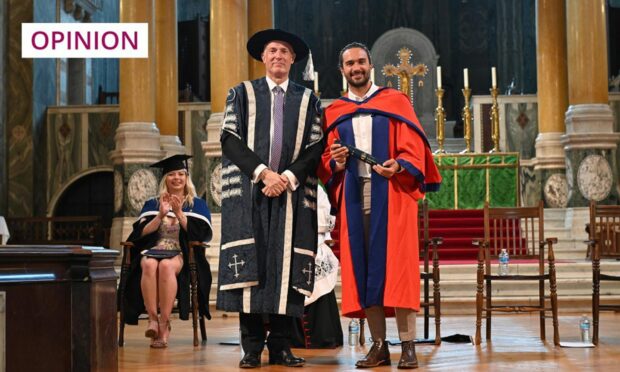
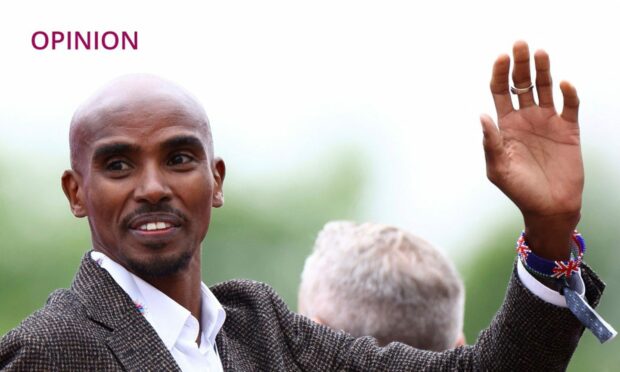
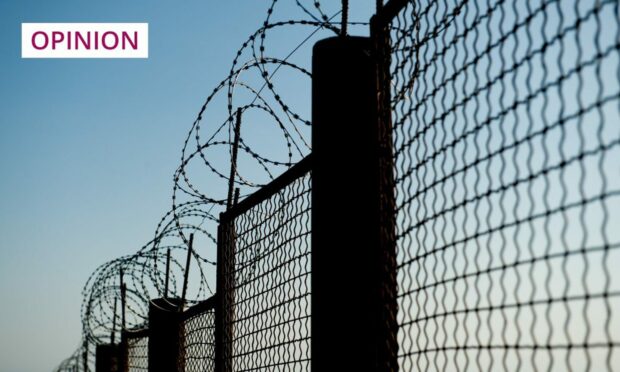









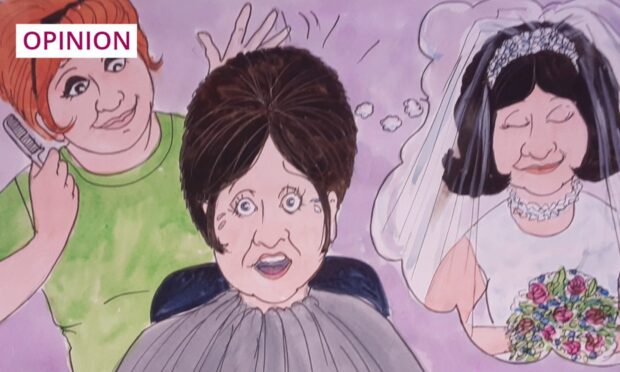
Conversation